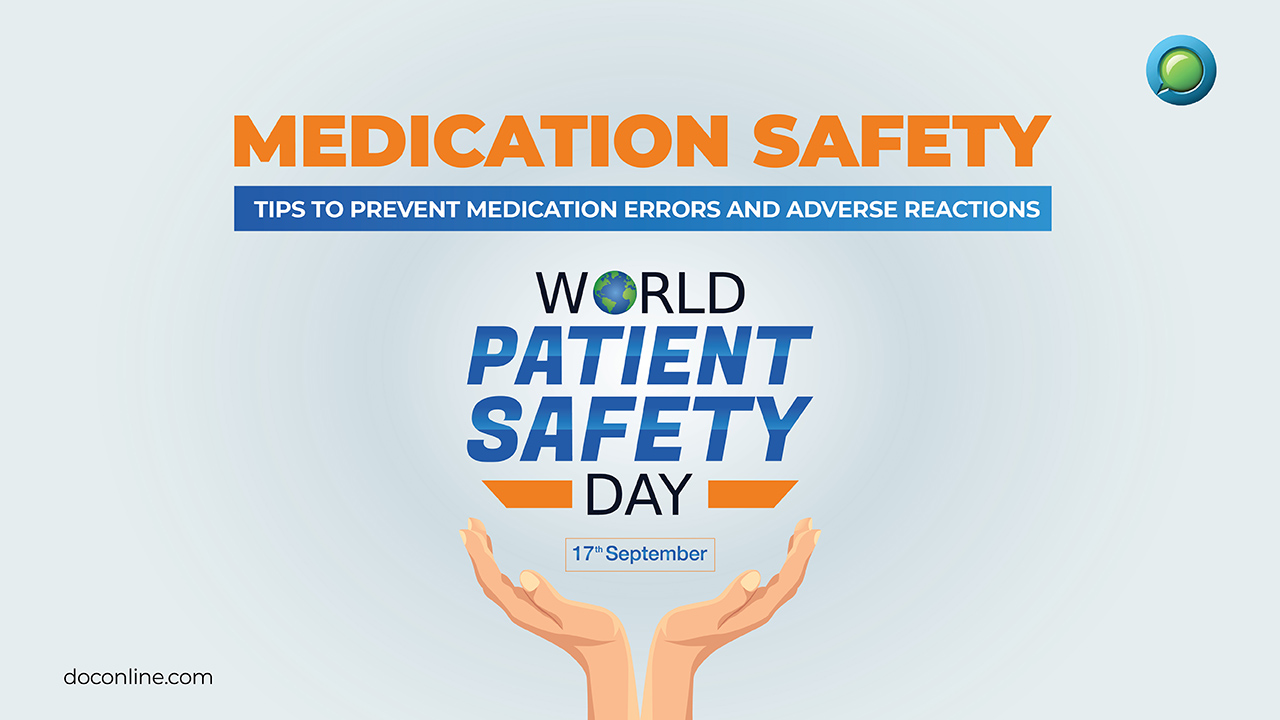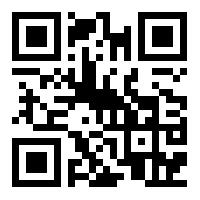Medication errors and adverse reactions are serious concerns that can impact anyone. To ensure your well-being and make the most of your treatments, it's essential to prioritize medication safety. In this blog, we'll explore valuable tips to prevent medication errors and adverse reactions, promoting a healthier and safer experience.
Maintain a Comprehensive Medication List
Creating and maintaining an up-to-date medication list is the foundation of medication safety. Include the names, dosages, frequencies, and purposes of all your medications. Share this list with your healthcare providers to help them make informed decisions about your treatment.
Understand Your Medications
Educate yourself about each medication you take. Understand its purpose, possible side effects, and how to take it correctly. If anything is unclear, don't hesitate to ask your doctor or pharmacist for clarification.
Follow Instructions Carefully
Always follow the prescribed dosage and instructions for each medication. This includes taking medications at the recommended times, with or without food, and any other specific guidelines provided by your healthcare provider.
Use One Pharmacy
Using a single pharmacy ensures that your medication records are centralized and can be cross-referenced for potential interactions. Pharmacists can also help catch any inconsistencies or potential problems with your prescriptions.
Read Labels and Packaging
Before taking any medication, read the labels and packaging carefully. Ensure you have the right medication and that the dosage matches your prescription. Pay attention to any warnings, instructions, and expiration dates.
Avoid Self-Diagnosis and Self-Prescribing
Avoid self-diagnosing and self-prescribing medications, as this can lead to unintended interactions or adverse reactions. Always consult a healthcare professional before starting any new medication.
Store Medications Properly
Store your medications in a cool, dry place, away from direct sunlight and moisture. Keep them out of the reach of children and pets. Some medications may require refrigeration, so follow the specific storage instructions provided.
Dispose of Unused Medications Safely
Unused or expired medications should not be kept indefinitely. Dispose of them properly to prevent accidental ingestion or misuse. Many pharmacies and community centers offer safe disposal options.
Keep a Medication Journal
Consider keeping a medication journal to track when you take your medications. This can help prevent accidental double-dosing and ensure you're following your prescribed regimen accurately.
Communicate Changes to Your Healthcare Provider
Inform your healthcare provider about any changes in your health, including new symptoms or side effects from medications. They can assess whether adjustments to your treatment plan are necessary.
Be Aware of Potential Interactions
Certain medications, including over-the-counter drugs and herbal supplements, can interact with each other and affect their efficacy or cause adverse reactions. Consult your healthcare provider before combining medications.
Medication safety is a critical aspect of maintaining your health and well-being. By taking proactive steps to prevent medication errors and adverse reactions, you can ensure that your treatment plan is effective and free from unnecessary risks. Prioritizing medication safety not only protects your health but also contributes to a better quality of life.













